Top Cloud Storage Options You Can’t Miss in 2025
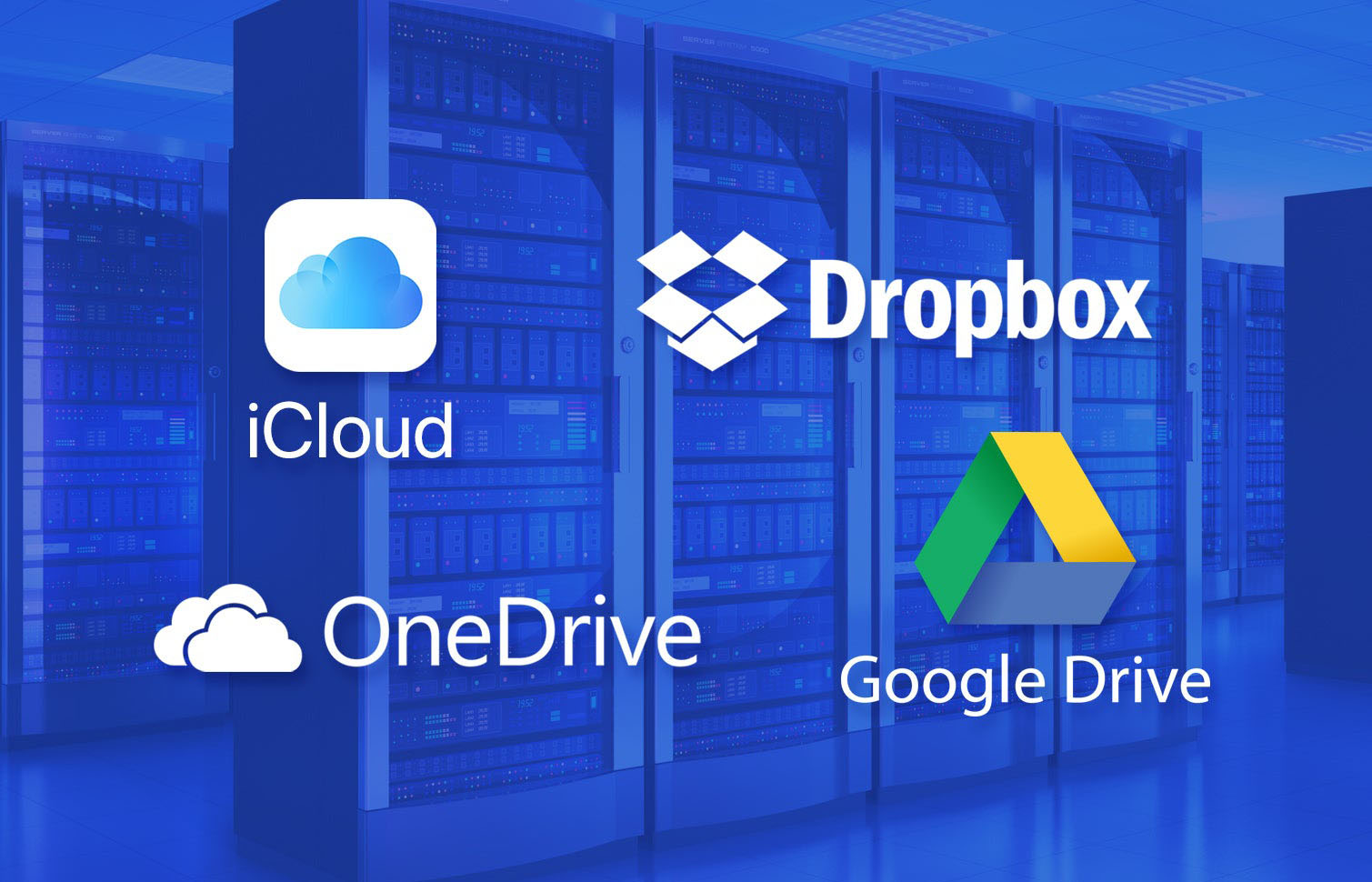
In today's digital world, where remote work, media creation, and continual connectivity are the norm, cloud storage is more than simply convenient; it's necessary. Many consumers, however, are finding an increasing number of annoyances as cloud storage providers gain popularity:
- Rising subscription costs
- Uncertain data privacy and security
- Limited free plans and hidden restrictions
- Confusing upgrade paths and bundled features you might never use
You're not alone if managing several apps, running low on storage, or questioning the safety of your personal data exhausts you. We therefore thoroughly investigated the industry to find and contrast four of the most sensible, dependable, and user-friendly cloud storage solutions now available. These services stand out for their careful pricing, seamless integrations, and smart extras whether you are a casual user, a professional, or part of a busy household. Let's look at which one best suits your workflow.
RELATED:
Google Chrome Remote Desktop: Seamlessly Control Your Mac from a PC
Upgrade Your Home Office: The Ultimate Setup for Peak Productivity
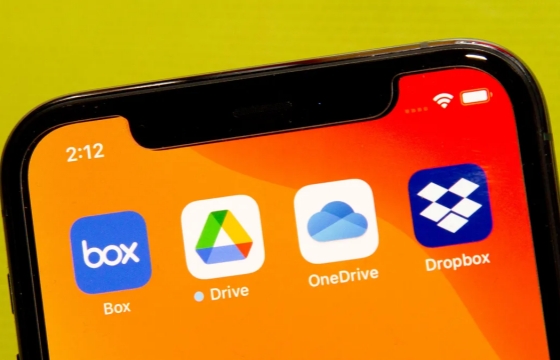
What is cloud storage?
Cloud storage systems are a type of computer data storage that allows your files to be instantly available from virtually any internet-connected device, anywhere. Instead of being stored directly on your device, files are stored on servers in a data center, such as those provided by AWS Web Services. This enables scalable and dependable storage solutions that can be accessed from anywhere via an internet connection.
RELATED:
Top Cloud Storage Devices to Streamline Your Data Needs in 2025
Best cloud storage service options
01 | Google Drive
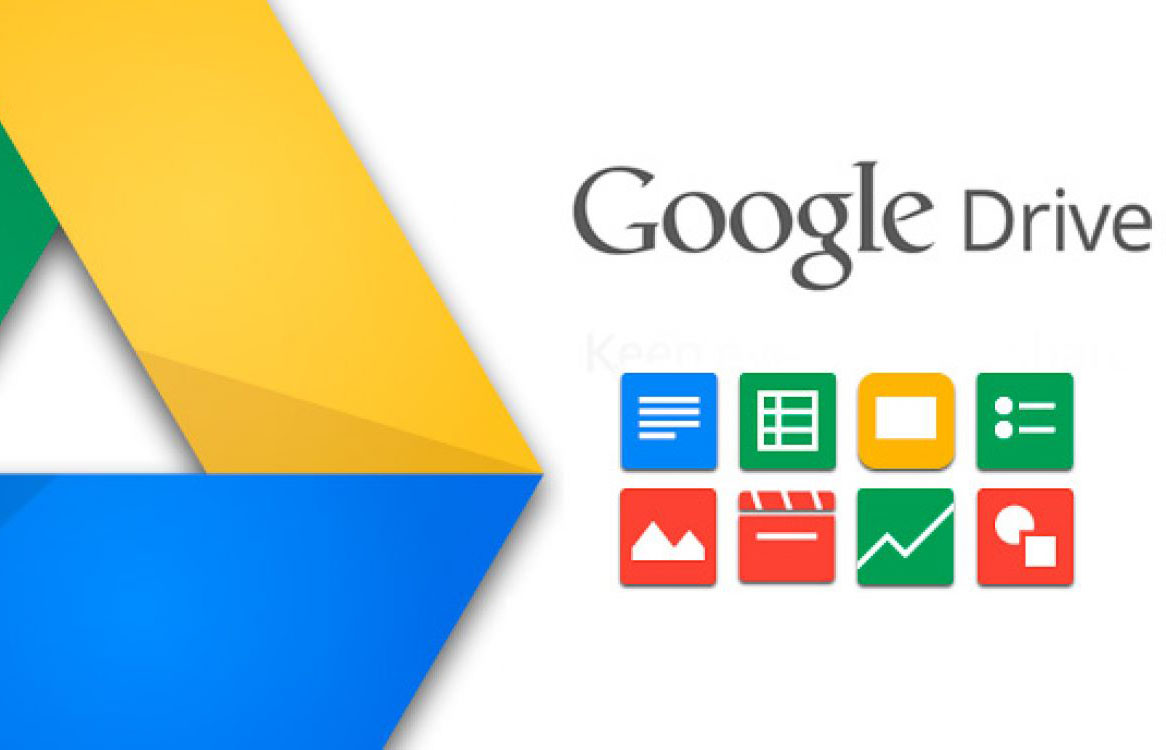
Why we picked it:
Google Drive remains one of the most accessible and affordable options, especially for those already using Gmail, Google Docs, or Android devices.
✅ What we love
- 15GB of free storage — one of the biggest no-cost tiers around
- Smooth file management with the Google One app
- Seamless connection with Google services like Docs, Sheets, and Photos
- Now enhanced with Gemini AI tools for smart writing, organizing, and visual creation
❌ What could be better
- No longer includes a built-in VPN for extra protection
Pricing & Plans
- 100GB (Basic): $2/month
- 2TB (AI Premium): $20/month, includes AI tools and extra features
- Business plans: Start at $7 per user/month, up to 5TB+ and 1,000-participant video meetings
Final Take:
- If you want a cloud storage solution that’s easy, familiar, and AI-enhanced — Google Drive is hard to beat.
02 | Microsoft OneDrive
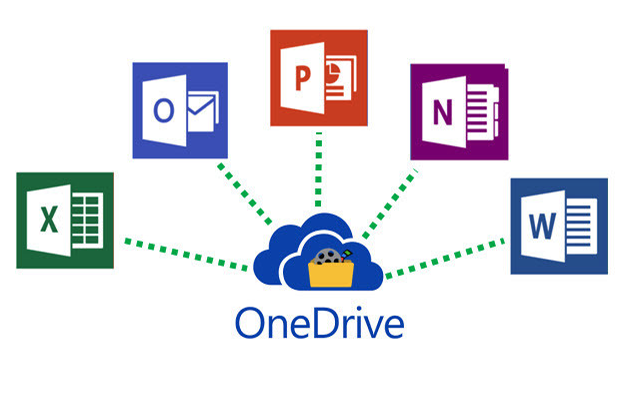
Why we picked it:
Perfect for anyone using Microsoft 365, OneDrive adds plenty of storage while syncing naturally with your Office apps and Windows devices.
✅ What we love
- Great value when bundled with Microsoft 365 Personal or Family
- Smooth integration with Word, Excel, Outlook
- Automatic syncing across devices
❌ What could be better
- Fewer standalone storage-only options — most plans come bundled with extra tools
Pricing & Plans
- 5GB Free Plan
- 100GB Basic: $2/month
- 1TB Personal Plan: $7/month (with Office apps)
- 6TB Family Plan: $10/month (up to 6 users)
Final Take:
- If you’re a Windows or Office user, OneDrive offers seamless, built-in cloud backup. But if you just need storage without extra tools, you might find it a bit feature-heavy.
RELATED:
Google Unveils Chrome Remote Desktop Extension
03 | Apple iCloud
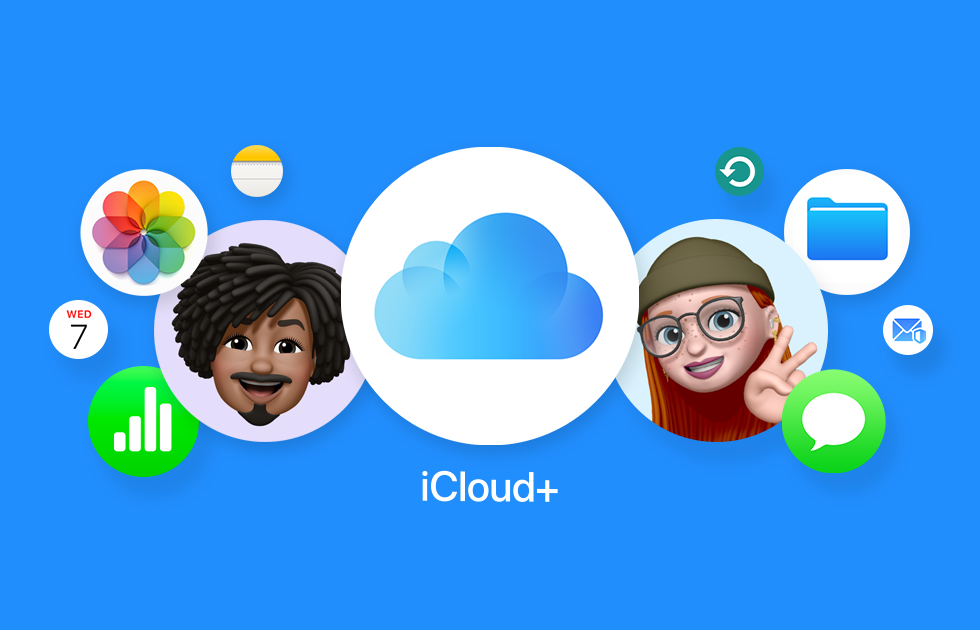
Why we picked it:
iCloud offers tight integration, privacy-first features, and affordable upgrades tailored for Apple users.
✅ What we love
- Low-cost paid plans starting at just $1/month
- Strong privacy tools like Private Relay and Hide My Email
- Native syncing across iPhone, iPad, and Mac
❌ What could be better
- Requires an Apple device to set up an account
- Some features like HomeKit support might go unused by casual users
Pricing & Plans
- 50GB: $1/month
- 200GB: $3/month
- 2TB: $11/month
- 6TB–12TB options also available
Final Take:
- If you live in the Apple ecosystem, iCloud makes upgrading easy and affordable — offering great value without hiding essential features behind premium tiers.
04 | Dropbox
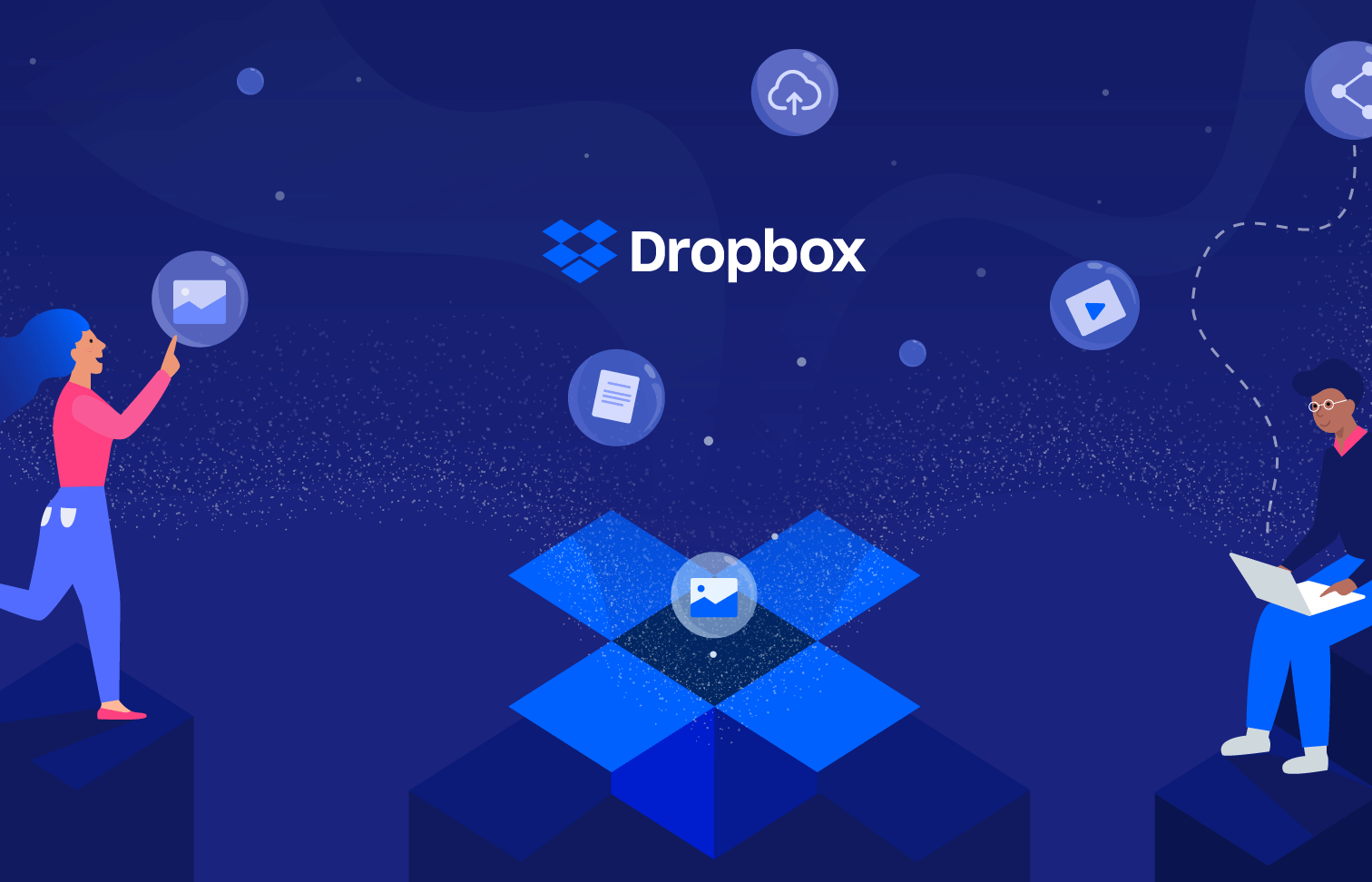
Why we picked it:
A productivity-focused, ultra-clean cloud platform with some of the best third-party integrations around.
✅ What we love
- User-friendly, minimalistic interface
- Excellent integrations with Slack, Zoom, Google Workspace, and Asana
- Reliable syncing and file sharing
❌ What could be better
- Only 2GB of free space — the smallest starter plan here
- Pricing climbs quickly on personal plans
- Lacks a mid-range option between 2GB and 2TB
Pricing & Plans
- 2GB Free Plan
- 2TB Plus: $12/month
- 3TB Essentials: $20/month
- Business tiers start at $15/user/month
Final Take:
- Dropbox is great for productivity lovers and remote teams, with flawless collaboration tools — though its high pricing and limited free tier might be a drawback for casual users.
✔️ Google Drive — Best all-around, especially for Google users
✔️ Microsoft OneDrive — Perfect for Office and Windows users
✔️ Apple iCloud — Easiest for Apple owners, with strong privacy
✔️ Dropbox — Great for productivity pros and remote teams
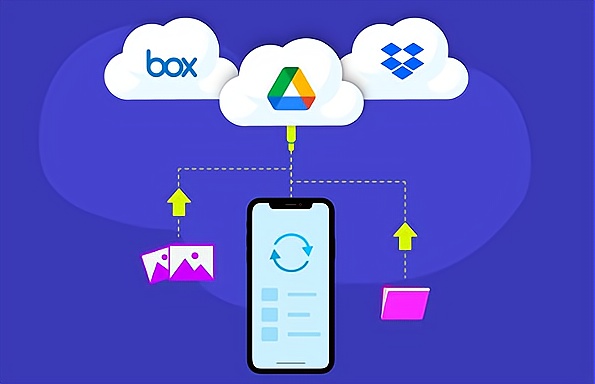
FAQ
How do I clear up space in my cloud storage?
- Each service has its own method. For example, Google One offers a "Free Up Account Storage" button, while iCloud and OneDrive provide similar tools in their settings.
Why should I use cloud storage?
- Cloud storage allows you to access files anytime, anywhere, without the need for USB drives or emailing files. It also acts as a safeguard in case your device fails, keeps data safe on secure servers, and frees up space on your devices.
Is cloud storage safe?
- Yes, most services store data on secure, encrypted servers and offer features like two-factor authentication. However, no storage is completely risk-free, so choose reputable services with strong privacy controls.
How much cloud storage do I need?
- It depends on your usage. Students typically need less space, while professionals dealing with large files may require more. Most services allow easy upgrades or downgrades.





